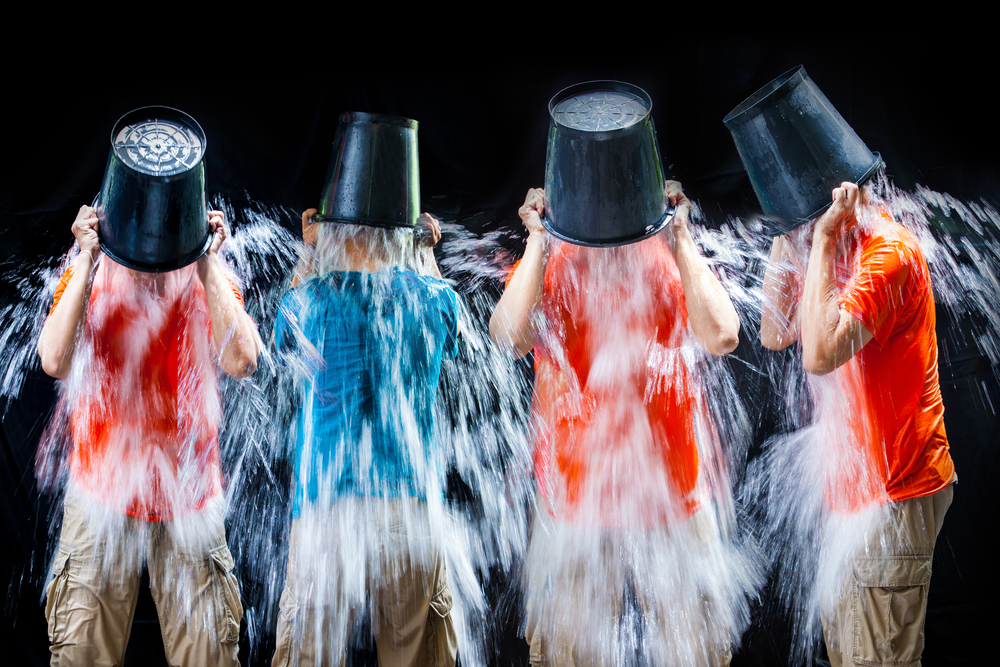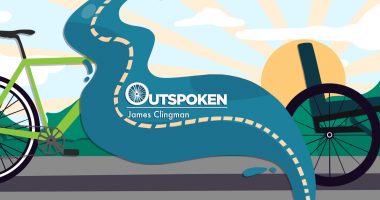Project ALS Reports All Donations From 2014 Ice Bucket Challenge Have Been Spent On Research

Social media sensation The Ice Bucket Challenge (an event that raised awareness for ALS) is celebrating its one-year anniversary, with the Project A.L.S. reporting it has now spent 100 percent of the donations raised during the 6-week challenge period on several research projects that have already revealed promising results.
Amyotrophic lateral sclerosis (ALS) is a fatal and progressive neurodegenerative disease that can strike anyone. The Ice Bucket Challenge started in the mid-summer of 2014 by two ALS patients and quickly became an international groundswell thanks to social media such as as Facebook, Instagram and Twitter.
The challenge consisted on people posting a video of themselves dumping a bucket of ice water on their heads in the name of ALS research and then calling out 3 friends to do the same, and, if possible, to make a donation to support ALS research. Millions of people posted these videos during those 6 months period and more than $220 million were generated.
“I am proud to report that every dollar of the $560k that Project A.L.S. received during the Ice Bucket Challenge by over 6,150 new donors has been spent effectively to move research in the direction of therapeutic discovery for ALS,” noted Meredith Estess, the president of Project A.L.S.
Project A.L.S. utilized the Ice Bucket donations to fund and boost ongoing research and to initiate new promising projects. Further, crucial staff was added to the quest of clearing what makes specific nerve cells so vulnerable in ALS and others, like nerve cells responsible for eye movements, so resistant to the disease. “Thanks to the Ice Bucket Challenge, we now have a rough draft list of the genes that make the motor neurons that survive in ALS different from others. The next goal is to use this newfound information to make weak motor neurons stronger,” stated Valerie Estess, director of research for Project A.L.S.
Thanks to the Ice Bucket support, an additional project was initiated, in which researchers are rigorously assessing the hypothesis of lipids as the 1st reliable biomarker for ALS.
Finally, some positive outcomes have already been communicated on 4 four well known cellular pathways that seem to be involved in neuroinflammation which may slow the disease if targeted with the appropriated drugs.
Meredith Estess, concluded: “The Ice Bucket Challenge was really fun—no one wants to throw cold water on that. But many of those who participated in last year’s challenge are gone now. ALS research is serious business and it needs our attention every year until we treat and cure ALS.”






